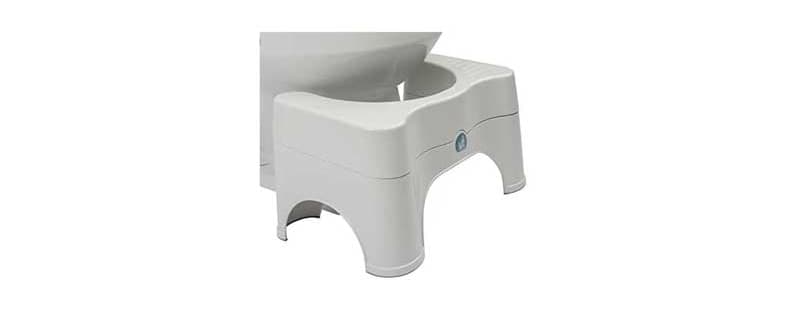Potty Like a Rockstar
Constipation is a symptom rather than a disease, generally defined as when bowel movements occur less than or equal to three times a week and when the bowel movements are difficult to pass.
It is the one of the most common digestive complaints in the United States. Constipation is typically a chronic condition. New and rapid-onset constipation in older persons may suggest an obstruction in the gastrointestinal tract.
A person suffering with constipation may also experience abdominal pain, painful defecation, rectal bleeding, episodes of diarrhea, or lower back pain.
Some people may develop such severe constipation that they require medically manual removal of the stool from the lower gastrointestinal tract.
Patients who experience constipation and have abdominal pain, inability to pass gas, fever, vomiting, or bleeding from the rectum should seek immediate medical care.
Initial management of constipation involves dietary changes and exercise. Dietary changes include increasing intake of fiber and fluids while decreasing the use of constipating agents (eg, milk products, coffee, tea, and alcohol). Constipation should not be ignored and persons suffering from constipation should contact their medical provider.
Squatty potty is a stool that raises your knees above your hips to put you into a squat-like position when you are having a bowel movement.
The lower bowel is “kinked” when a person sits on a toilet. That forces you to work harder to push out the ?. Squatting relaxes the puborectalis muscle more and straightens out the colon, giving the ? a straight route out. As a result, bowel movements are produced with less straining.



